I still remember reading about Kate Hudson’s split from Chris Robinson and feeling a kind of strange, slow sinking — like watching a movie where you knew the actor would be fine, but the scene was suddenly quieter than you expected. It wasn’t dramatic tabloid fireworks; it was softer, more personal. That’s the impression Hudson gives now, too: the divorce didn’t erase love or the good bits of the relationship, but it did leave a mark that changed how she moved forward. She’s not the same person she was before, maybe not because of one event, but because of how everything after that stacked up.
A marriage that ended, but left something behind
Hudson and Robinson married back in 2000, at the start of a new century and, for them, a new chapter. For fans who followed celebrity couples then, their split in 2006 felt like the sort of thing people hoped might reverse itself — you know, the “maybe they’ll work it out” wishful thinking. But Robinson filed for divorce in November 2006, citing irreconcilable differences, and by October 2007 the legal pieces were settled. Joint custody was arranged for their son, Ryder, and life quietly rearranged itself around that.
Also read: An Awkward Joke at the Orchard and What It Says About William and Kate
That legal finality didn’t change the emotional reality, though. Hudson has spoken about how deeply she loved Robinson, calling the relationship beautiful and describing the breakup as very hard. Those aren’t platitudes — they’re small admissions that complicate any neat “move on” narrative. She’s called him brilliant and funny, and admitted that his nomadic lifestyle made things hard for them as a couple. So yes, practical reasons, but also real loss. You can’t simply cross out years of shared history.
The way she tells it, the breakup was painful precisely because there was so much love. She was very much in love, yet she also recognized it wasn’t going to last forever. That’s an odd, almost contradictory place to be: knowing the depth of something and accepting its limits. It’s human. It’s messy. It’s the kind of nuance that tabloids often skip, but which defines how people actually process endings.
Co-parenting: awkward, practical, and sometimes surprising
One of the more interesting parts of Hudson’s story — and the one that I think shows a lot about her growth — is how she and Robinson handled being parents after the split. They share Ryder, and despite everything, they’ve managed to co-parent in a way that seems, for the most part, functional and even warm.
Hudson has said publicly that she has good relationships with all three of her children’s fathers. That’s not something you hear every day, and it feels sincere. On the “Divorce Sucks! With Laura Wasser” podcast in 2019, she admitted that while divorce isn’t something she’d recommend to everyone, her own situation had turned out “quite amazing.” There’s a casual pride in that admission, like someone describing an imperfect but well-made meal.
Also read: Ryan Seacrest’s Look Has People Talking — And Some Are Worried
She also mentioned that her current partner and her exes get along — an unusual detail, and one that speaks to deliberate effort. With Robinson specifically, Hudson has said they’re “good” and shared a light anecdote: apparently their son Ryder doesn’t get away with much. It’s a little laugh, almost dismissive, but it shows an everyday kind of co-parenting — the kind that’s practical, sometimes funny, sometimes tense, but steady.
Robinson’s view wasn’t precisely the same as Hudson’s, which is unsurprising. In an interview with the Sydney Morning Herald in 2024, he noted that their relationship had essentially ended while Ryder was still a toddler. He hinted at ups and downs in their co-parenting journey — not a dramatic falling out, but not a fairy-tale either. He said he takes pride in being responsible as a parent, and that’s clear: both of them seem to place Ryder’s well-being above past grievances. Still, the slight difference in tone between their accounts reminds you that memory and perspective matter; two people can describe the same time and each be telling a slightly different truth.
Life after Robinson: new relationships, new rhythms
Hudson’s life didn’t stop after the divorce. She later had a child with Matt Bellamy and, as of 2021, became engaged to Danny Fujikawa, with whom she also shares a child. Those chapters show a woman who continued to build a family — different configurations, different fathers, yes, but each relationship has its own dynamics and lessons.
What’s important, I think, is how Hudson consistently returns to a place of honest reflection. She doesn’t sugarcoat the past or act like it disappeared. Instead, she acknowledges the pain, names what she loved, and moves forward with pragmatism and, occasionally, wistfulness. She’s open about the difficulty of the breakup and candid about how it changed her — not necessarily for the worse, but certainly for good.
Also read: An Awkward Joke at the Orchard and What It Says About William and Kate
Why this story still matters
This isn’t just a celebrity breakup story — it’s a look at how relationships reshape people, and how endings can be both painful and clarifying. Hudson’s story matters because it’s relatable: you can love someone fiercely and still realize you’re not right for each other long-term. You can separate and still work together as parents. You can carry both gratitude and grief at once.
I don’t think Hudson would want the whole thing reduced to a trauma narrative. She’s shown resilience, adaptability, and a willingness to be vulnerable about the complicated feelings that followed the divorce. She’s not “never the same” in a tragic sense; rather, she’s changed in the small, human ways that follow real loss — a bit quieter about certain hopes, perhaps more cautious, and, ultimately, still building a life she wants.


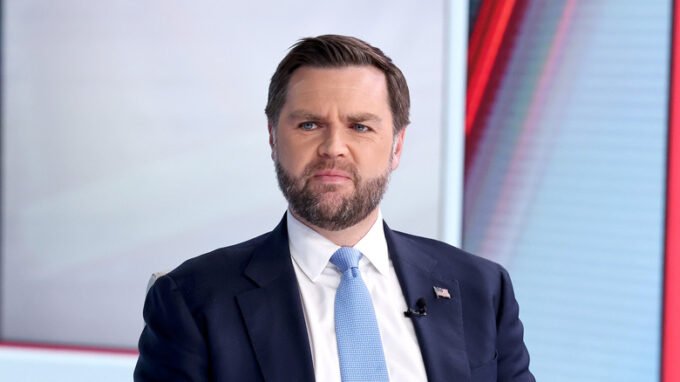
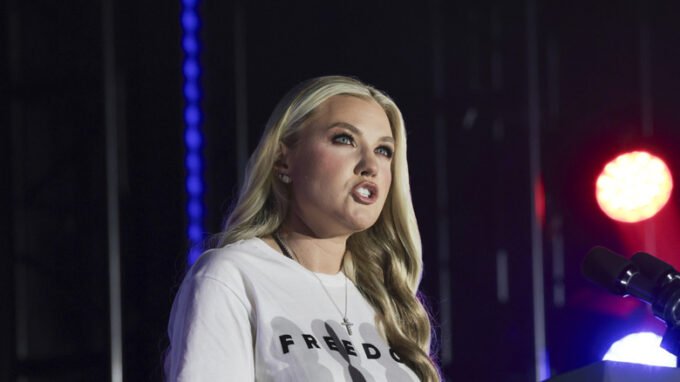





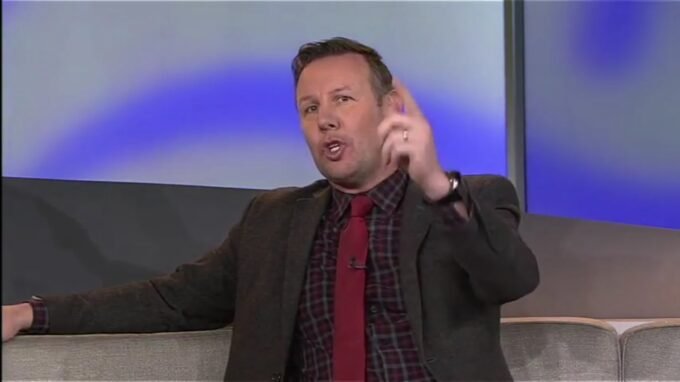








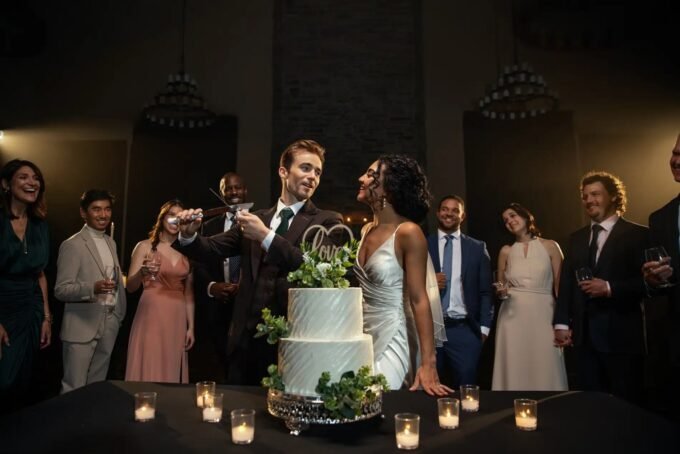
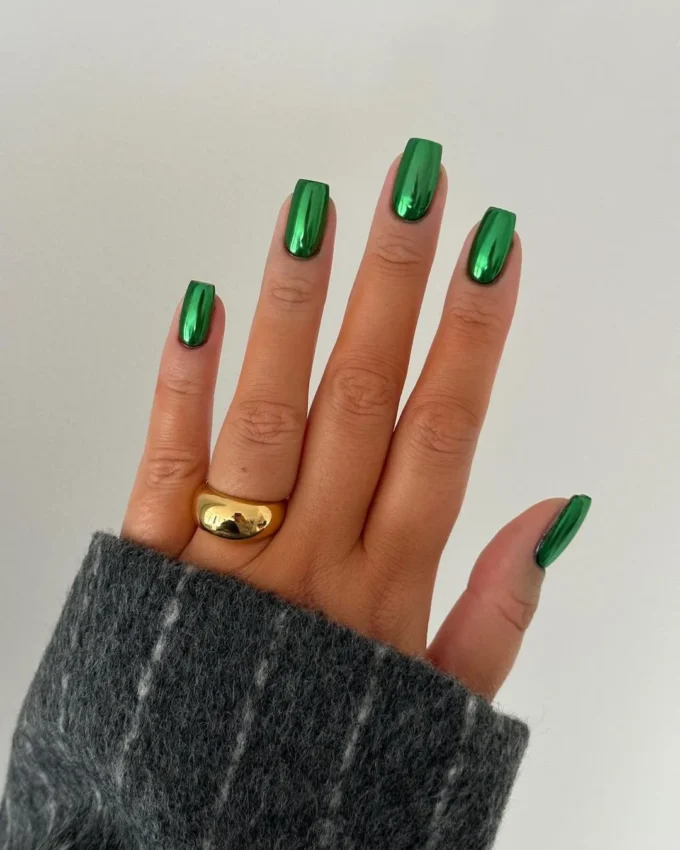



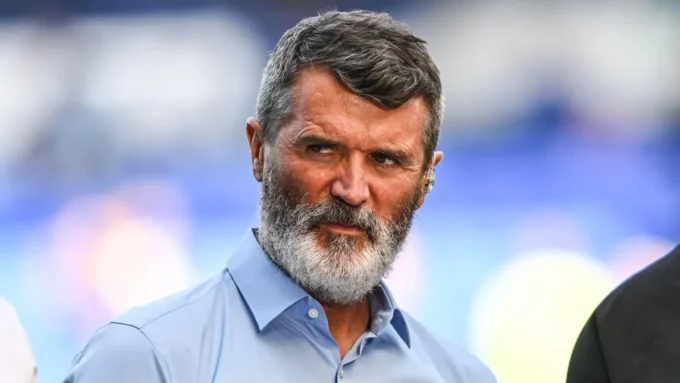
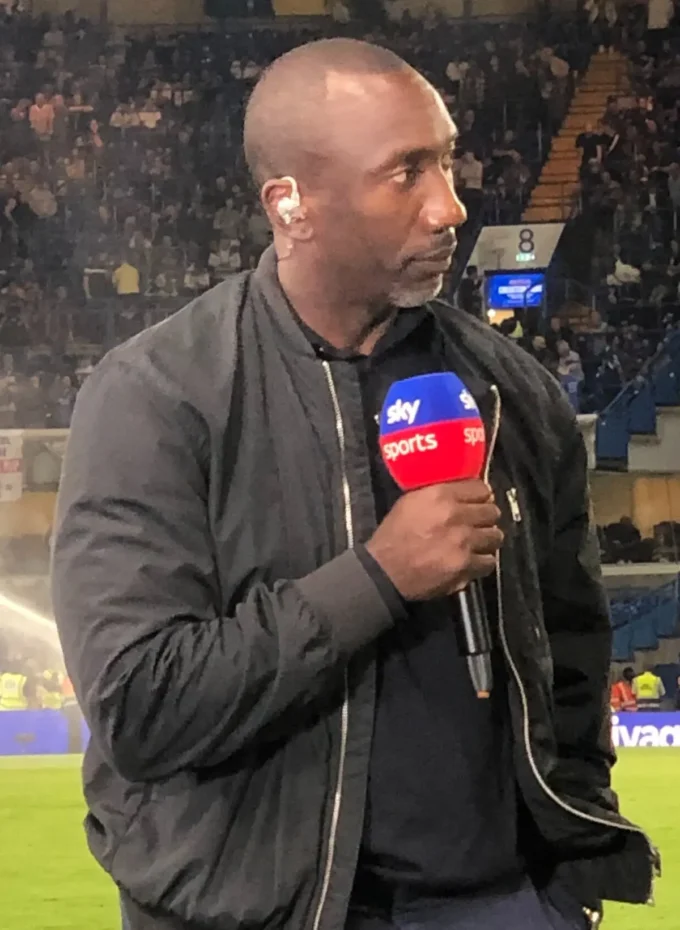













Leave a comment